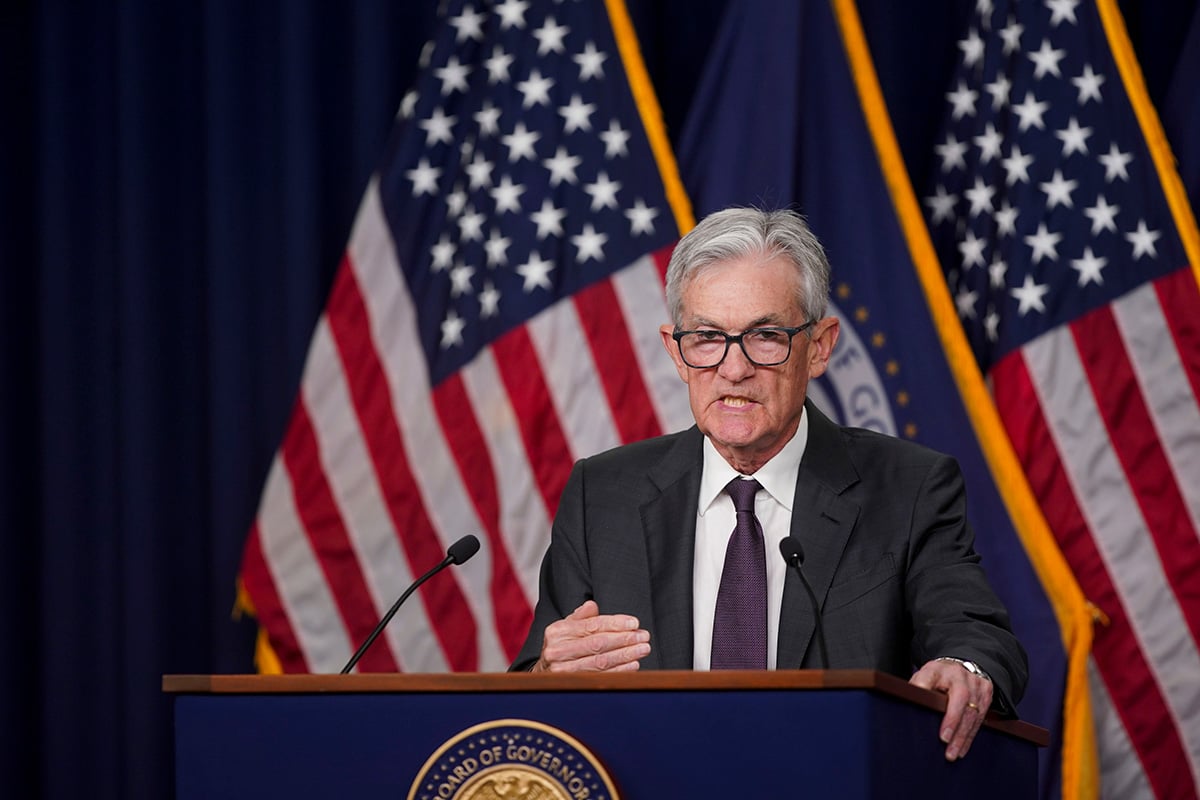Swiss exporters including Swatch Group AG and Richemont slumped in Zurich trading after the central bank's decision to scrap its cap on the currency saw the Swiss franc jump more than 16 percent against the dollar and euro.
“Words fail me,” Swatch Chief Executive Officer Nick Hayek said by e-mail. “Today's SNB action is a tsunami; for the export industry and for tourism, and finally for the entire country.”
Holcim Ltd., the world's biggest cement maker, slid 11 percent at 1:28 p.m. in Zurich. Watchmaker Cie. Financiere Richemont SA tumbled 15 percent and Swatch 14 percent. The benchmark 20-company Swiss Market Index dropped 10 percent, wiping 127 billion francs ($145 billion) off its value.
A strong franc is a challenge for exporters like Swatch and small- and mid-size companies with factories in Switzerland, where shop-floor workers earn some of the highest wages in Europe. Timepieces make up more than a 10th of the country's total exports, led by brands including Rolex, Swatch's Omega and Richemont's Cartier.
The Swiss franc surged as the Swiss National Bank unexpectedly removed the cap of 1.20 francs per euro, concluding that it was no longer justified. That ended a three-year-old policy designed to shield the economy from the euro area's sovereign debt crisis.
“We are an export-oriented business,” said Andrew Weiss, a spokesman for Allschwil, Switzerland-based Actelion Ltd., Switzerland's third-biggest drugmaker. “We have a certain amount of revenues that come from the U.S. Together with the European revenues that will be under pressure.”
While Actelion slumped 13 percent in Swiss trading, the country's biggest drugmakers, Novartis AG and Roche Holding AG, both dropped 12 percent. Parity between the franc and euro will cut about 1 billion francs or 6 percent from Roche's core earnings, analysts led by Michael Leuchten at Barclays Plc wrote in a note today.
“Clearly Roche, Novartis profits suffer,” Leuchten wrote.
Novartis, based in Basel, declined to comment. Roche said that while the company generates significant revenues in the euro zone, it also incurs an important part of its costs in euros, including expenses for research and development, production and personnel.
Market Turmoil
“This helps mitigate the currency impact on Roche's cash flow,” Nicholas Dunant, a spokesman for the Basel-based company, said in an e-mail.
Thomas Cueni, secretary-general of Interpharma, Switzerland's pharmaceutical group, said the SNB's decision had caught the industry by surprise, but it was better positioned to weather the impact than some other parts of the economy because of its geographical diversification.
“There's a bit of regret because over the last few years, the minimum brought predictability and stability to the industry in Switzerland,” Cueni said by phone from Basel. “As you can see from the market reaction, now we have turmoil and volatility.”
Nestle SA, the world's largest food company, which gets about 98 percent of its revenue from outside Switzerland, declined as much as 11 percent, the biggest intraday drop since October 1997.
Luxury goods makers are also vulnerable after the advance in the franc.
The Swiss watch industry was already reeling from what probably will rank as the second-worst annual performance since 2009. Full-year data isn't out yet, but exports of Swiss watches rose 2.3 percent in the first 11 months of 2014, decelerating from a growth rate that peaked at 22 percent in 2010.
“Exports from Switzerland to the rest of the world suffer from the negative currency effect,” Sylvia Kaelin, spokeswoman for Kilchberg-based Lindt & Spruengli AG, the world's biggest premium chocolate maker, said by e-mail. “We're trying to counteract these challenges through efficiency and volume growth.”
The alarm over the central bank's decision wasn't confined to exporters as the franc jumped to a record against the euro and rose to its highest in more than three years against the dollar.
Jobs Threatened
“The SNB is playing with fire,” the Social Democratic party said in an e-mailed statement. Switzerland is at risk of “catastrophic consequences for the economy and jobs.”
Pressure on the cap increased in recent months as speculation the European Central Bank was preparing a program of bond buying, or quantitative easing, weakened the euro. The SNB also cut its interest rate to minus 0.75 percent.
The challenges faced by Swiss exporters will be compounded because most won't have hedged against a stronger franc, said Ralf Zimmermann, an equity strategist at Bankhaus Lampe KG in Dusseldorf, Germany.
“No one in Switzerland has hedged their forex exposure,” he said in a phone interview. “All companies trusted the SNB to keep its peg against the euro. Now the rally in the Swiss franc against the euro will lead to a hit in the P&L of Swiss companies.”
Bloomberg News
Complete your profile to continue reading and get FREE access to Treasury & Risk, part of your ALM digital membership.
Your access to unlimited Treasury & Risk content isn’t changing.
Once you are an ALM digital member, you’ll receive:
- Thought leadership on regulatory changes, economic trends, corporate success stories, and tactical solutions for treasurers, CFOs, risk managers, controllers, and other finance professionals
- Informative weekly newsletter featuring news, analysis, real-world case studies, and other critical content
- Educational webcasts, white papers, and ebooks from industry thought leaders
- Critical coverage of the employee benefits and financial advisory markets on our other ALM sites, PropertyCasualty360 and ThinkAdvisor
Already have an account? Sign In Now
*May exclude premium content© 2025 ALM Global, LLC, All Rights Reserved. Request academic re-use from www.copyright.com. All other uses, submit a request to [email protected]. For more information visit Asset & Logo Licensing.





